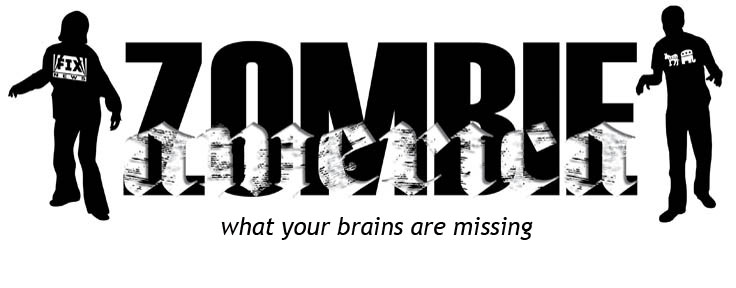The RAND Corporation (Research ANd Development) is a nonprofit global policy think tank first formed to offer research and analysis to the United States armed forces. The organization has since expanded to working with other governments, private foundations, international organizations, and commercial organizations. It is known for rigorous and often quantitative analysis and policy recommendations.[not in citation given]
RAND has approximately 1,600 employees and five principal locations: Santa Monica, California (headquarters); Washington, D.C. (currently located in Arlington, Virginia); Pittsburgh, Pennsylvania (adjacent to Carnegie Mellon University and the University of Pittsburgh); Cambridge, United Kingdom and Brussels, Belgium (RAND Europe).
There are also several smaller offices of RAND in the United States, including the RAND Gulf States Policy Institute in Jackson, Mississippi and New Orleans, Louisiana. In 2003, it opened the RAND-Qatar Policy Institute in Doha.
RAND is also the home to the Frederick S. Pardee RAND Graduate School, one of the original graduate programs in public policy and the first to offer a Ph.D. The program is unique in that students work alongside RAND analysts on real-world problems. The campus is at RAND's Santa Monica research facility. The Pardee RAND School is the world's largest Ph.D.-granting program in policy analysis.
RAND publishes The RAND Journal of Economics, a scholarly peer-reviewed journal of economics.
The RAND Corporation has been criticized as militarist. Due to the nature of its work, the RAND corporation also frequently plays a role in conspiracy theories.
In 1958, Senator Stuart Symington accused the RAND Corporation of defeatism for studying how the United States might strategically surrender to an enemy power. This led to the passage of a prohibition on the spending of tax dollars on the study of defeat or surrender of any kind. However, the senator had apparently misunderstood, as the report was a survey of past cases in which the US had demanded unconditional surrender of its enemies, asking whether or not this had been a more favorable outcome to US interests than an earlier, negotiated surrender would have been.
In April 1970, a Newhouse News Service story reported that Richard Nixon had commissioned RAND to study the feasibility of canceling the 1972 election. This was denied by RAND, which subsequently undertook a review of its recent work to see if there was anything that could have been misunderstood to spark the rumor. They didn't identify any actions as such, and so it is their claim that the review was fruitless.
Source
skip to main |
skip to sidebar
Table of Contents
- Bohemian Grove (1)
- Brainwashing (1)
- Cognitive Dissonance (1)
- COINTELPRO (1)
- Conspiracy Theory (1)
- Council on Foreign Relations (1)
- Dialectic (1)
- Disinformation (1)
- Divide and Conquer (1)
- Doublespeak (1)
- Doublethink (1)
- Esoteric (1)
- Eugenics (1)
- Exoteric (1)
- False Flag (1)
- Federal Reserve Bank (1)
- Free (Freedom) (1)
- Georgia Guidestones (1)
- Groupthink (1)
- Ignoratio Elenchi (1)
- Insurrection Act (1)
- Mind Control (1)
- Nano-Thermite (1)
- New World Order (1)
- Patriot (1)
- Plutocracy (1)
- Posse Comitatus Act (1)
- Problem Reaction Solution (1)
- Project For a New American Century (PNAC) (1)
- Propaganda (1)
- Provocateur (1)
- Psychological Operations (PSYOP) (1)
- RAND (1)
- Skull and Bones (1)
- Stockholm Syndrome (1)
- Straw Man (1)
- Terrorist (1)
- The Art of War (Sun Tzu) (1)
- The Great Game (1)
- Topics Defined (1)
- Trilateral Commission (1)
- Tyranny (1)
- World Government (1)

.jpg)
